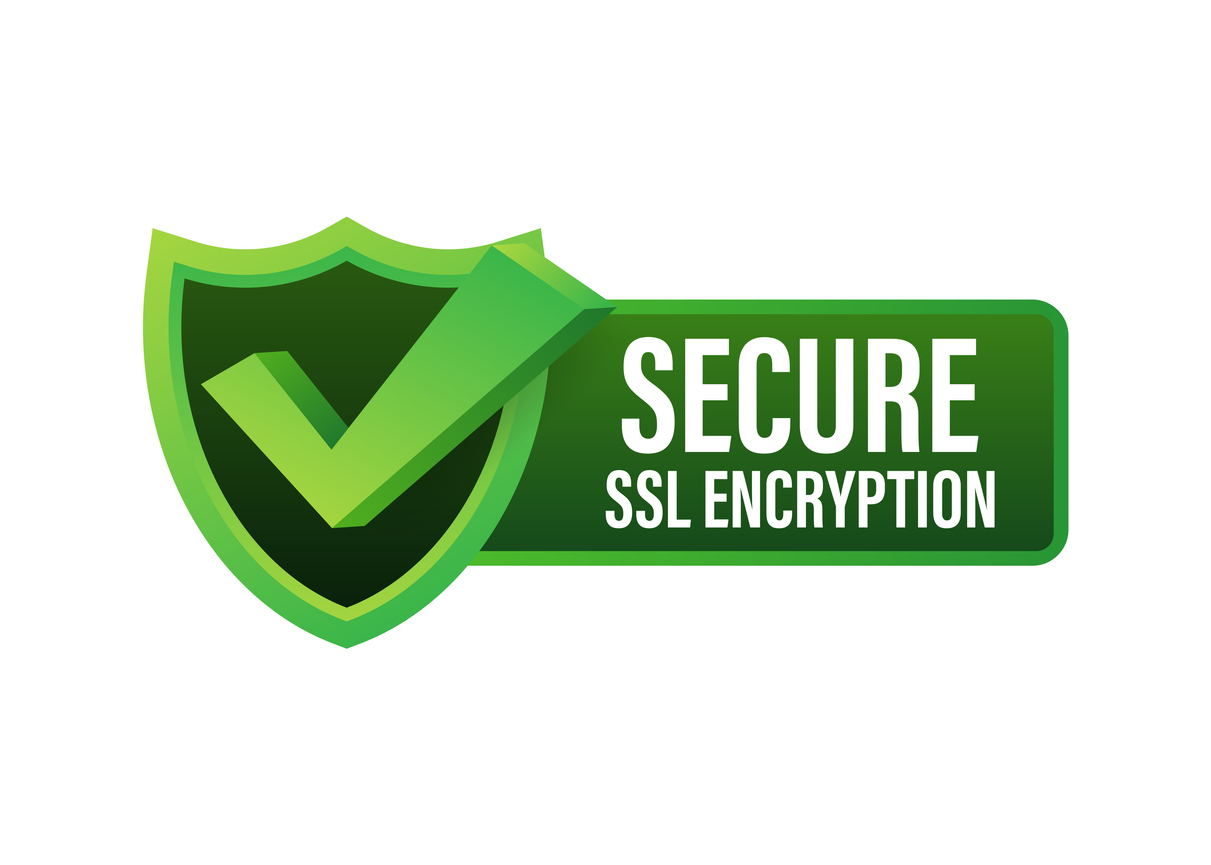Overview
- My business is selling products outside Canada — do I have to charge GST/HST?
- I run several businesses, but not one of them exceed $30,000 in sales per annum — do I have to register for GST/HST?
- How do I calculate tax on crypto transactions?
- How Do Tax Authorities Know About My Cryptocurrency?
- Why is it important to put my GST/HST number on my invoice?
- How is crypto tax calculated in Canada?
- Can I claim my pets on my tax return?
- Should I choose the FHSA or the HBP to save for my home purchase?
My business is selling products outside Canada — do I have to charge GST/HST?
When the buyers of your products or services aren’t residents in Canada, you don’t charge them GST/HST on any taxable goods that they’re purchasing. These goods become zero-rated if you’re exporting them out of Canada. You don’t collect GST/HST, nor do you need to pay this over to the government.
I run several businesses, but not one of them exceed $30,000 in sales per annum — do I have to register for GST/HST?
To determine if you need to register for GST/HST, you must look at your income from all your businesses. If the combined income exceeds the $30,000 limit for a single calendar quarter or any four consecutive calendar quarters, then you must register for GST/HST. It’s important to note that a calendar quarter is a three-month-long period, beginning on either the first of January, April, July, or October.
How do I calculate tax on crypto transactions?
In Canada you are required to record the value of the cryptocurrency in your local currency at the time of the transaction. This can be extremely time consuming to do by hand, since most exchange records do not have a reference price point, and records between exchanges are not easily compatible.
Tax authorities such as the IRS and CRA, use a variety of techniques to track cryptocurrency transactions and enforce tax compliance. For starters, the CRA has subpoenaed domestic and international cryptocurrency exchanges such as Bitbuy and Newton for user transaction information. This has lead to at least tens of thousands of cryptocurrency users’ transaction information being shared directly with the tax authorities.
In addition, tax authorities, like the CRA, use data analytics tools such as Chainanalysis and Palantir to pinpoint cryptocurrency users and tie their identity from a regulated cryptocurrency exchange to their off-exchange wallets and transactions (including multiple layers removed from the exchange).
Why is it important to put my GST/HST number on my invoice?
Including your GST/HST number on an invoice is a requirement of the CRA. It reassures your customers that you comply with GST/HST regulations and will pay the government accordingly. If you don’t include your GST/HST number on your invoice, you can’t charge the customer GST or HST.
How is crypto tax calculated in Canada?
You can be liable for both capital gains and investment income taxes depending on the type of cryptocurrency transaction, and your individual circumstances. For example, you might need to pay income taxes on capital gains from buying and selling cryptocurrency, or pay income tax on interest earned when holding crypto.
Can I claim my pets on my tax return?
You may be able to claim animals if any of the following situations apply to you:
- You have a specially trained service animal; or
- You are a farmer and you have raised livestock for business purposes or raised outdoor animals to protect your crops.
If you have a specially trained service animal, you can claim the cost of purchasing the animal if you are blind, profoundly deaf, suffer from a severe and prolonged severe physical impairment that restricts the use of your arms or legs, affected by autism or epilepsy, or have severe diabetes.
Should I choose the FHSA or the HBP to save for my home purchase?
There’s no reason to choose because you can have the best of both worlds.
You’re able to (if eligible) combine funds from the FHSA and HBP for the same qualifying home purchase. Taking advantage of both can help you save for a down payment.
Let’s say, a couple (who never owned a home before) is looking to buy a house worth $1,000,000.
For a 20% down payment, they would need to save $200,000 (20% of $1,000,000). Both individuals have their own FHSA and HBP.
By taking $60,000 from the HBP and $40,000 from the FHSA (or potentially more as this investment grows), each person will be able to contribute $100,000.
This gives them a combined total of $200,000 ($100,000 x 2) — but the amount could be higher if both FHSA accounts have benefited from capital growth.
Unlike the FHSA, you are required to pay back the funds you withdrew from your HBP within 15 years. However, the amount of time home buyers has to start repaying their RRSP was increased from 2 to 5 years.
Get a personal consultation.
Email us today at [email protected]

